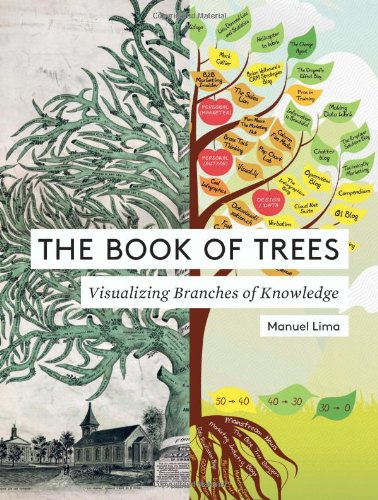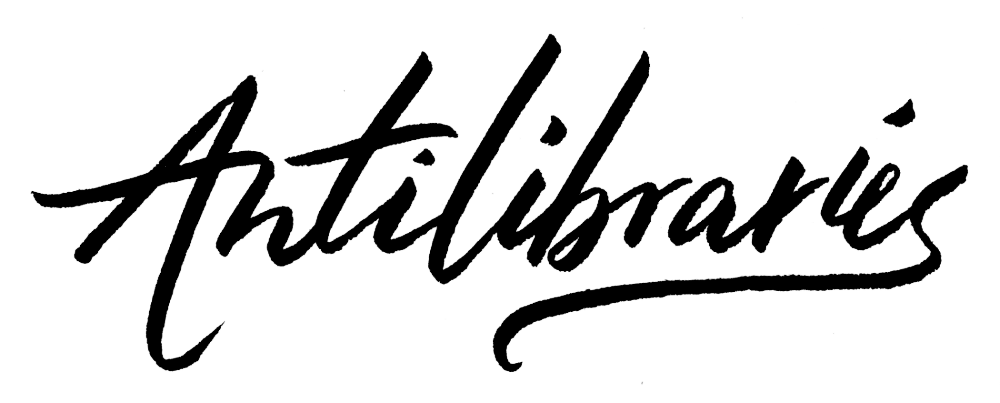The Book of Trees: Visualizing Branches of Knowledge
By Manuel Lima

This book, by Manuel Lima of the “Visual Complexity” website fame, “examines the more than eight hundred year history of the tree diagram, from its roots in the illuminated manuscripts of medieval monasteries to its current resurgence as an elegant means of visualization.” He describes how trees have been “used to trace genealogies, chronologies, taxonomies, and belief systems of all types…” Douglas Rushkoff calls it “The most important analysis of visualization since Tufte” — which is high praise indeed!
I saw Manuel Lima give a talk at Hyperakt (a Brooklyn design studio) about this book a while back. He talked about the ideas embedded in the book and the research that led to it, and it was awesome to hear about the project firsthand. He’s a thoughtful guy with a lot of great insights about data visualization generally, and the structure and representation of knowledge as demonstrated in this book project.
I love the structure of this book — basically it’s divided into section corresponding to the different logical schemata by which knowledge is visualized — different shapes of “trees”: figurative, vertical, horizontal, multidirectional, radial, and hyperbolic trees; rectangle, voronoi, and circular treemaps; sunbursts and icicle trees. It’s a fascinating taxonomy and really interesting learning about the historical bases of these various approaches and how they both reflect and shape how we perceive the structure of knowledge.
I’ve tried to think in a similar way — coming up with a sort of creative taxonomy — about potential ways to classify and elaborate on various types of nonlinear narrative. But whereas I have but brainstormed a bit, Lima has done a remarkable amount of research, combing through libraries and archives, old books and prints, to find the trove of great examples he includes here.
